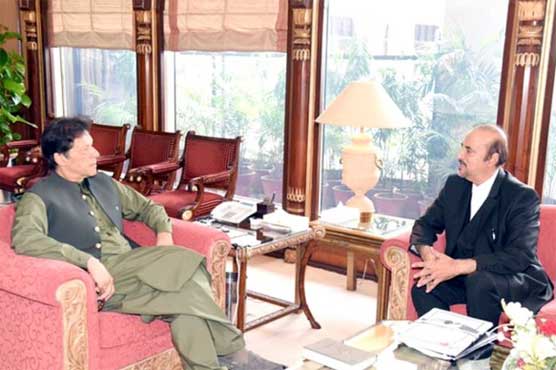More than ever I am convinced that as long as this political system stays, Pakistan’s future will remain in jeopardy. They who are its principal beneficiaries love to call it Parliamentary Democracy. In practice it is nothing but Plutocracy which at best can be termed as Elected Oligarchy. It is a system in which the country is divided into ‘constituencies’ running into hundreds which are basically the ‘influence’ areas of the ‘Oligarchs’ or the ‘Plutocrats’ of the concerned regions. These Oligarchs or Plutocrats may be in clash with one another for the acquisition of power, or the control of the resources of their constituencies. They therefore choose the political parties of their liking to fight out their battles for supremacy.
This system has its origins in Britain, where Monarchy has been in place for hundreds and hundreds of years, with a brief break in the mid-seventeenth century when a Reformist movement led by Oliver Cromwell threw out the Royalty and established a Republic (Protectorate) under his leadership. This revolutionary change didn’t last long and monarchy was soon restored. This restoration was accompanied with a long struggle on the part of the nobles and the barons of the country (Plutocrats) to acquire some share of power. This struggle led first to the formation of the House of Lords, and then the House of Commons. Separation of the offices of ‘the Head of the State’ and ‘the Head of the Govern-ment’ was a compulsion in the British system because of the desire to keep monarchy.
No such compulsion ever existed in our case. Still we chose to have a system that has inherent flaws, and that in our case has led to the creation of several ‘parliaments’. There were five before Gilgat Baltistan was made a separate province. Now the move is to have yet another ‘linguistically identified’ province.
Having several administrative units with provincial status may be the need of the hour, but to have several parliaments in a single country amounts to sowing the seeds of separatism on the basis of race and language.
Passing resolutions has been a favourite practice of our assemblies. Suppose one day one of the assemblies decides to pass a resolution demanding separate statehood and urging the International community to come to help!
Of course such a move will be crushed. But why leave room for such a happening ? Why have provinces on the basis of ethnic identities?
- Latest
- Trending




